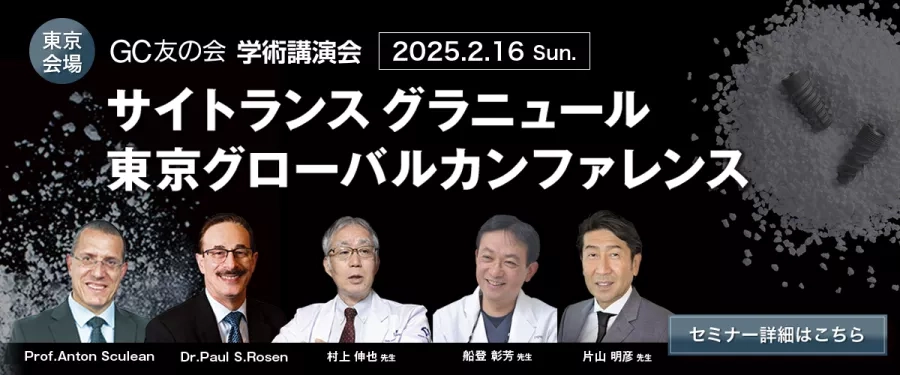 Oh,
Oh,
you're so carefree, aren't you?
How far are you going?
Are you going all the way to Iwaki ?
"Clouds" by Bocho Yamamura
The other day, I read a book for children written by Professor Takashi Saito, who is known for supervising the NHK program "Nihongo de Asobo.
" In the afterword to the book, Professor Saito writes that it is important for children and elementary school students to be filled with a rich "sea of emotions" by reading modern poetry aloud, and that such deep emotions will greatly improve their ability to think logically.
My parents, who are much older than Professor Saito, also believed that reading aloud was important during elementary school, and when I was in the upper grades of elementary school, I would read aloud to my parents every night at 8 o'clock in the evening. The first book I read was "The Tale of the Heike," translated by Professor Kiyoto Fukuda for upper grades of elementary school. I fondly remember it taking me more than 30 minutes to read one chapter at first.
After "The Tale of the Heike," I read aloud the "Complete Collection of Classical Literature," also for upper grades.
This time, there were many fun works full of rhythm, like the original Japanese fairy tales "Tales of Now and Then" and "Manyoshu," so even an average child like me naturally memorized
lines like, "Tagonoura yu, uchideite mire wa pure white zo, ni takamine ni yuki wa furekeru, Fuji no takamine ni,"
and enjoyed reciting them.
The excitement of turning the pages of a book continues to this day. If you have children, please listen to them read aloud when you have time.
In recent years, reading aloud has also been attracting attention as a form of brain training for adults. In that case, it's easy to start with the newspaper. Try reading out loud even articles in subjects you don't read often. Learning new things will make your brain even more active.
We often hear about the aging of the brain and muscles, but the voice also ages.
Professor Aaron Johnson of the University of Illinois and a team of researchers from the University of Wisconsin have reported in a medical journal called the Journals of Gerontology that "voice training can prevent age-related changes in voice production."
Professor Johnson and his colleagues used 6-month-old and 29-month-old male rats and spent 8 weeks in vocal training to increase the number and quality of vocalizations. They then measured the intensity of their vocalizations. They found that the trained older rats and the younger rats had similar vocal intensity, while the untrained older rats had lower vocal intensity than either the trained older rats or the untrained younger rats.
This can also be applied to humans.
I'm sorry to say this, but Kazumasa Oda and Yosui Inoue still have high, beautiful singing voices even though they're quite old. Let's also take an interest in voice training and reading aloud, and have fun preventing aging!
Columnist Yuriko Suzuki
<< Back Number












